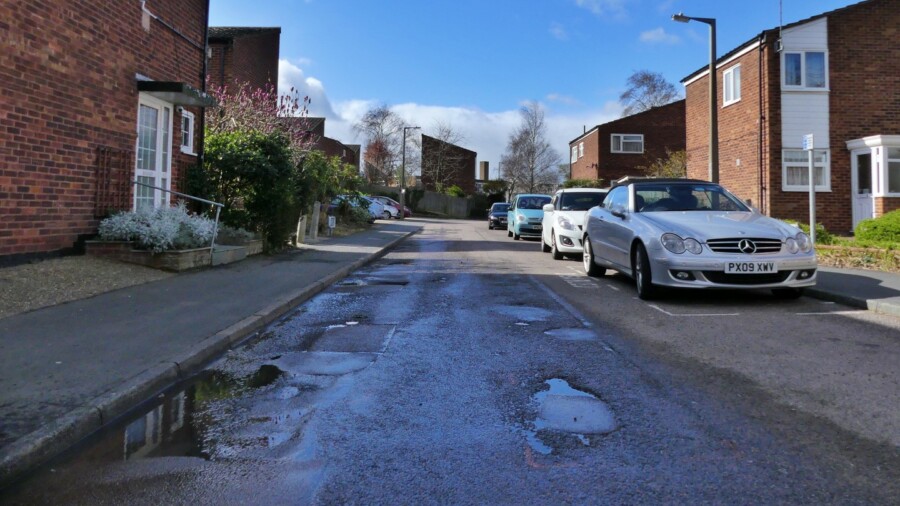Compensation in Fatal Accident Claims: An Update
Judgment in the case of Mosson v Spousal (London) Ltd [2015] ECHC 53 (QB) was handed down in January 2016. The decision offers some useful guidance on the heads of loss that are recoverable in fatal accident claims.
The Facts
Mr Thomas Mosson contracted mesothelioma as a result of being exposed to asbestos whilst working for the Defendant between 1963 and 1964. On 19 January 2014, Mr Mosson died, after a prolonged illness of malignant mesothelioma. The claim was brought by Mr Mosson’s widow, Joan, on behalf of his estate and his dependent.
Primary liability was admitted by the Defendant. However, they alleged contributory negligence on the basis that Mr Mosson had allowed himself to be exposed to asbestos during a period of self-employment.
The Decision
Mr Justice Graham rejected the Defendant’s allegation of contributory negligence. He pointed out that the burden of establishing contributory negligence was on the Defendant and that there was no evidence as to the extent of Mr Mosson’s exposure to asbestos during the relevant period whilst he was self-employed.
After reviewing the evidence, Garnham J awarded £85,000 for pain suffering and loss of amenity. The main areas of dispute then arose when it came to the relatively modest sums that were being claimed.
Funeral Expenses
The parties had been able to agree the majority of the funeral expenses prior to the trial. The items that remained in dispute were the costs of the wake, funeral attire and a memorial bench. All of these claims were unsuccessful.
Garnham J cited the case of Gammell v Wilson [1982] AC 27, which was followed by Knauer v Ministry of Justice [2014] EWCH 2553 (QB), where the costs of a wake were disallowed. Garnham J was unwilling to depart from this decision.
The claims for clothing to be worn at the funeral and for the memorial bench were also rejected on the basis of the Gammell case. The cost of the mourning clothes was disallowed at first instance in Gammell. Then at the Court of Appeal, a distinction was drawn between a headstone, which marks a grave and is a legitimate funeral expense, and a memorial, which is not. Garnham J applied the memorial bench to the latter of the two.
Probate Costs
Whilst giving her oral evidence, Mrs Mosson described how she paid for probate after her husband’s death because she thought she needed it to proceed with the claim. This £1,010 head of loss was disallowed on the basis that, unlike funeral expenses, there is no reference to probate costs in the Law Reform (Miscellaneous Provisions) Act 1934.
Loss of Intangible Benefits
The rulings made by Garnham J in relation to the bereavement award, subrogated earnings, financial dependency and loss of services, were fairly unremarkable. However, he did depart from convention by rejecting Mrs Mosson’s ‘loss of intangible benefits’ claim, otherwise known as a claim for ‘loss of love and affection’.
It was argued that this formed part of Mrs Mosson’s dependency and was sought under the Fatal Accidents Act 1976. Counsel for the Claimant referred to it is a “loss of intangible services” and argued that such an award would reflect the “additional value and convenience in having someone who is willing and able to provide these services out of love and affection rather than bringing in outside help and contractors”.
Claims of this sort have been commonplace ever since the 1970s and have been successfully recovered by both spouses and children. However, Garnham J refused to grant it in this case for two reasons. Firstly, he had already made an award in respect of the services that the deceased would have provided for his family had he not contracted mesothelioma. These services included gardening, hoovering, DIY, decorating and shopping.
Secondly, Garnham J considered Mrs Mosson to be seeking financial compensation for a non-financial loss. He stated that a claim of this sort was intended to be covered by bereavement damages.
Comment
In terms of the disallowed ‘loss of intangible services’ claim, I think that additional guidance is needed from the Court of Appeal as to when this head of loss should be awarded. Depending on the services that are being provided and to whom, I think that it ought to be appropriate to consider this as a reasonable head of loss. It’s disappointing to see that in some instances the bereavement award is considered to compensate individuals for the ‘loss of intangible services’, as the bereavement award is already widely regarded as being far too low in value and available to far too few.
More information regarding compensation in fatal accident claims can be found in my earlier blog by clicking here. Also the judgment in Mosson v Spousal (London) Ltd can be read here.









